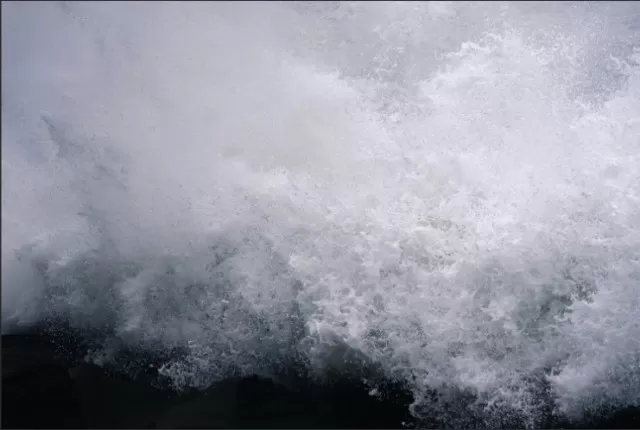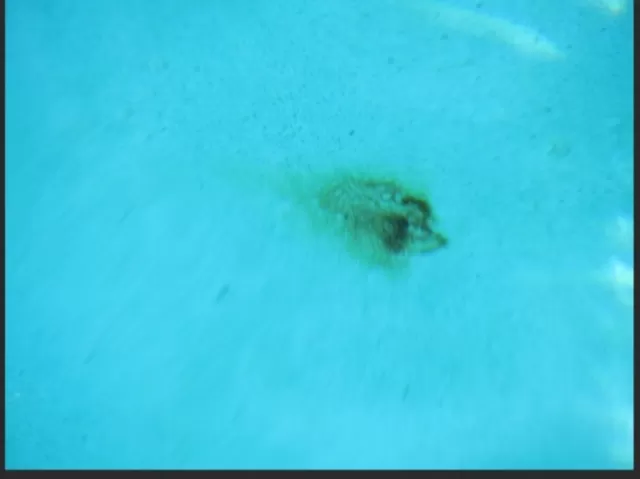9 Indications Your Tap Water Could Be Contaminated (Part 2).The Environmental Protection Agency proudly asserts that the United States boasts one of the world’s most dependable and secure sources of drinking water. Yet, from time to time, homeowners might encounter a less-than-ideal taste or an off-putting odor that raises doubts about their H2O. Before resorting to bottled alternatives, consider these 9 telltale signs that your tap water might need some tender loving care. Better yet, discover cost-effective and straightforward solutions to address many of these water quality concerns, ensuring your tap water is as refreshing as it should be.
Hazy and Bubbling H2O: Unveiling the Mysteries of Cloudy and Foamy Drinking Water

Numerous municipal water supply networks neglect the removal of minerals and naturally-occurring substances in tap water, allowing these benign compounds to occasionally render water with a cloudy or frothy demeanor.
Nonetheless, when these persistent veils of cloudiness and persistent froth persist, they might be attributed to bacterial presence. To address this concern, it is advisable to arrange for a comprehensive water quality analysis to identify potential contamination issues and safeguard the purity of your drinking water supply.
Particulate Intruders: Dealing with Dirt, Sand, Clay, and Sediments in Your Water
Have you ever witnessed the unsightly presence of dirt, sand, clay, or other sediments either floating in your tap water or settling at the bottom of your sink? In many instances, these particles may not pose a direct health hazard, but they can certainly tarnish the aesthetic appeal of your water supply.
To tackle this issue head-on, consider the installation of a point-of-use sediment filter as an effective solution to rid your water of these unwelcome intruders.
The Hard Truth About Water: Battling Spots, Stains, and Scale

In certain regions of the United States, “hard” water reigns supreme, characterized by an abundance of dissolved minerals such as calcium and magnesium.
While hard water itself isn’t a health threat, it can be a pesky adversary, inhibiting the formation of suds and diminishing the effectiveness of dish soaps, hand soaps, and laundry detergents. What’s more, it leaves behind those stubborn spots and unsightly scale deposits on glassware, serving utensils, and plumbing fixtures, which can significantly reduce the lifespan of your hot Water Heater, boiler, and other household appliances.
To vanquish the challenges posed by hard water, consider the installation of a water-softening system, a trusted ally in the battle against excessive mineral content.
This will ensure not only the quality of your water but also the longevity and efficiency of your household appliances.
Navigating Government Alerts: Ensuring Safe Water in Your Home
For the majority of American households, approximately 90 percent, relying on public water systems, there’s a safety net in place.
The government takes responsibility for keeping you informed about any potential water-related hazards. They’ll promptly notify you if your water supply faces any unsafe conditions, and they’ll provide clear instructions on necessary actions, such as boiling your water or transitioning to bottled alternatives.
However, if you happen to be among the 10 percent of Americans sourcing their water from private wells, the onus shifts to you.
Ensuring the safety of your drinking water becomes your responsibility. This entails implementing a proactive approach by regularly testing your well water with a reputable company.
By taking these steps, you can guarantee the purity and safety of your water supply, regardless of its source.
Empower Yourself: Understanding Your Water Quality Resources

Should you ever detect concerning signs or harbor any doubts about the safety of your tap water, don’t hesitate to reach out to your local public water system company.
They are your first line of defense in addressing any potential contamination issues and can provide guidance and solutions.
Furthermore, if you have any other inquiries or uncertainties about water quality, the Centers for Disease Control and Prevention offers a valuable resource in the form of their Drinking Water FAQ page.
Accessing this webpage can equip you with essential knowledge and answers to various questions related to the quality of your drinking water, empowering you to make informed decisions regarding your water supply.
*The information is for reference only.